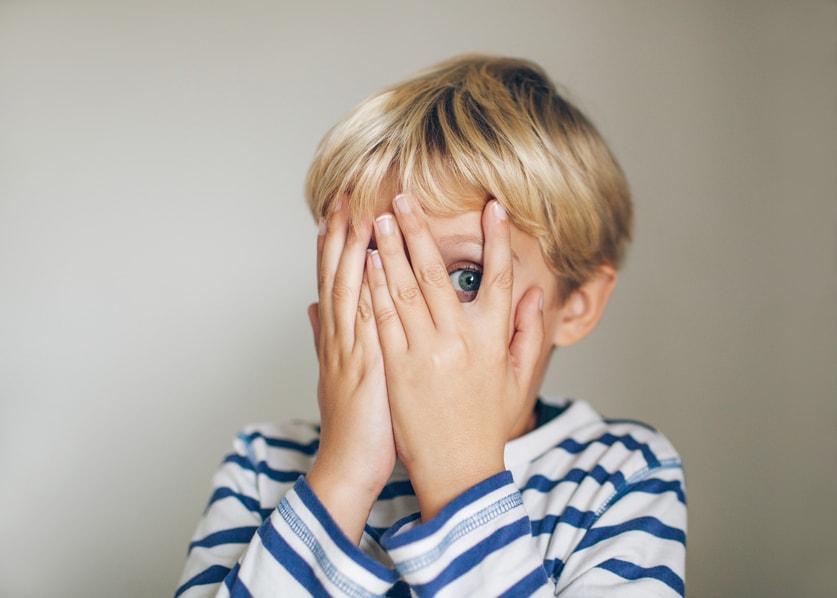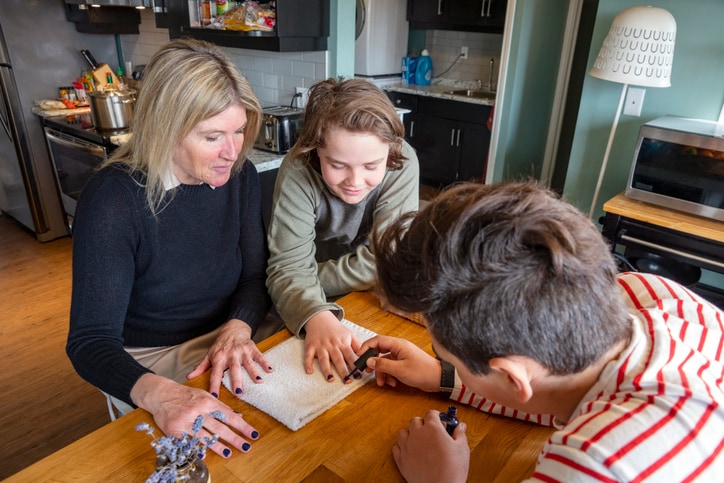Is yelling at your kids as bad as spanking? Research says yes.
Amanda Stout, Simplemost.com
This post originally appeared on Simplemost, it has been reprinted with permission.
My daughter has always had a mind of her own. As soon as she could walk she was running toward danger. Listening has also never been her strong suit, unless it was to “Curious George.” So, I often find myself raising my voice to get her to stop barreling away from me or yelling out of sheer frustration when she’s not listening—again. Trouble is, doing that never seems to make anything better.
In fact, in the winter months, we were both bouncing off the walls and getting on each other’s nerves and she began… yelling back at me. It was jarring, and it immediately riddled me with guilt. She learned this from me. I had broken her impressionable little brain.
Dr. Laura Markham, author of “Peaceful Parents, Happy Kids: How to Stop Yelling and Start Connecting” and founder of Aha Parenting, says that we aren’t quite breaking our kids’ brains, but we are changing them. Basically, instead of learning to calm down, they learn to lash out or shut down. Megan Leahy, mother of three and parenting coach, explained to the Washington Post that when a parent is shouting, “You are either growing aggression or growing shame. Those are not characteristics any parent wants in their kids.”
[Related Reading: Is Yelling the New Spanking?]
In a 2013, a University of Pittsburgh study suggested that “harsh verbal discipline” for adolescents doesn’t help and actually has similar damaging effects to physical discipline. Their conclusions? Yelling just reinforced bad behavior and increased depression. Even homes that were otherwise loving did not avoid the damaging effects of even-occasional raised voices.
There are times when it is OK to yell, according to Dr. Markham. If kids are causing harm to each other or are in a dangerous situation, it may be necessary to shock them out of it. But the key is calming down right away, and explaining why.
How To Stop The Yelling Cycle
Parenting can sometimes feel like a losing game. There are so many things you aren’t supposed to do. No parent wants to yell, but many factors from tiredness to stress to constant limit-testing can make even the most calm parent explode.
[Related Reading: “No Drama Discipline” in 5 Easy Parenting Lessons]
Start by getting a handle on regulating yourself. Then, you can focus on communication and connection, by using a brain game, telling a story, using humor or simply trying to effectively discipline. Give a few of these tips a try:
- Remove yourself from the situation and ask for help. If you can, walk away and give yourself some time to cool off. If you really need a break, have your partner or a trusted babysitter take over while you recenter.
- Adjust your expectations. This was a real game-changer for me. Learn what is developmentally appropriate to expect from your child. For example, kids under 4 haven’t fully developed the ability to resist forbidden behavior yet. Remember these stages when you start to feel yourself lose it.
- Tune in to your stressors. If you know you can’t deal until you have your coffee, set your alarm to make sure you get your first cup early. If meltdowns during errands throw you over the edge, find a way to do them without the kiddos.
- Self-regulate your emotions. Kids will learn good habits from your own self-regulation. Try squeezing a stress ball, jumping it out or chanting a mantra (she’s just a kid, he’s only 2, etc.). Then, if all else fails there’s always counting and breathing.
Finally, remember, the key to putting your best intentions into action when you’re in a difficult situation and want to yell is having a plan.
Simplemost provides inspiring, informative and straight-forward tips, ideas and advice to help people navigate their busy lives. Follow us on Facebook to find travel tips, recipes, life hacks, money and relationship advice, entertainment news and more—all aimed at helping you get the most out of your day.






